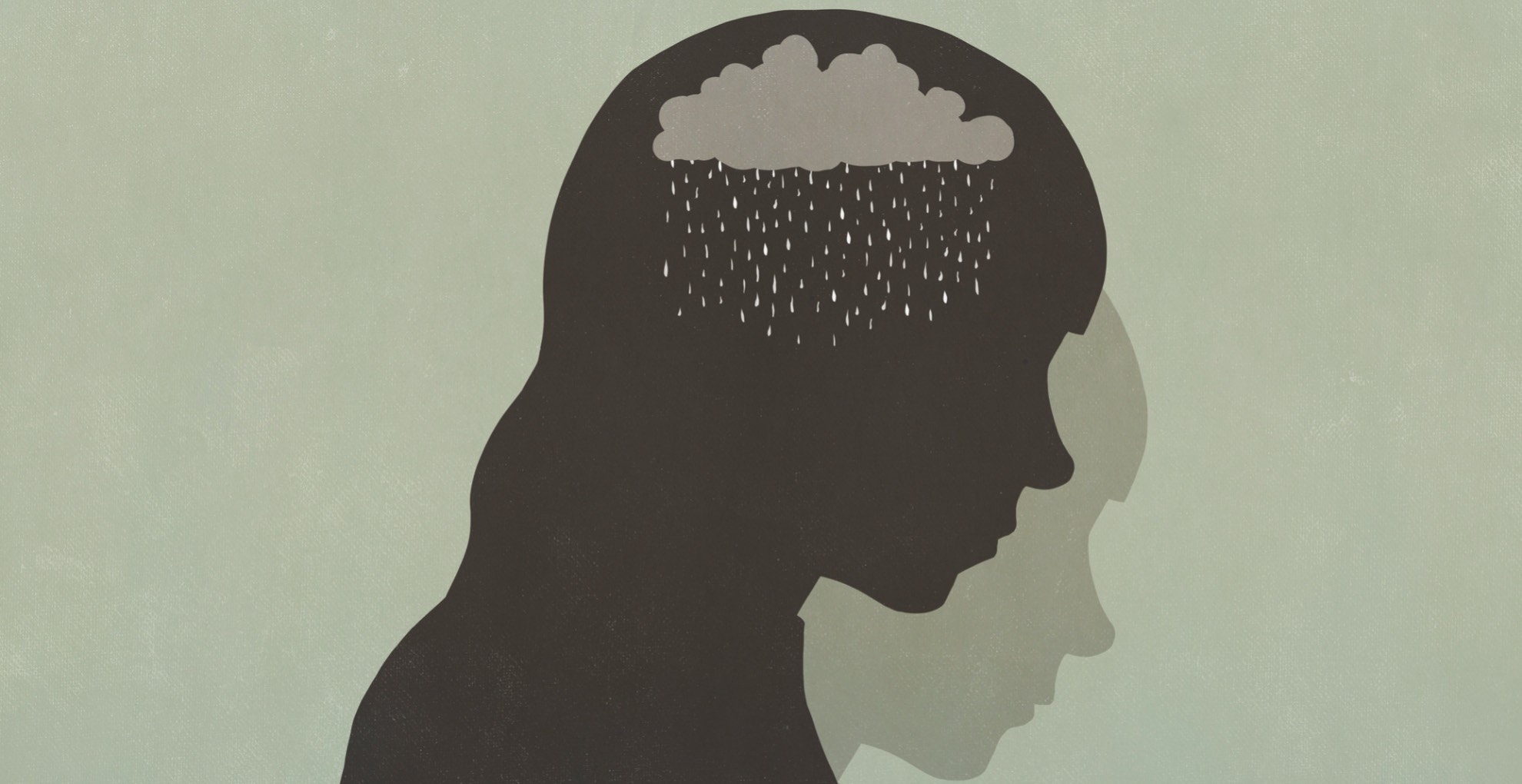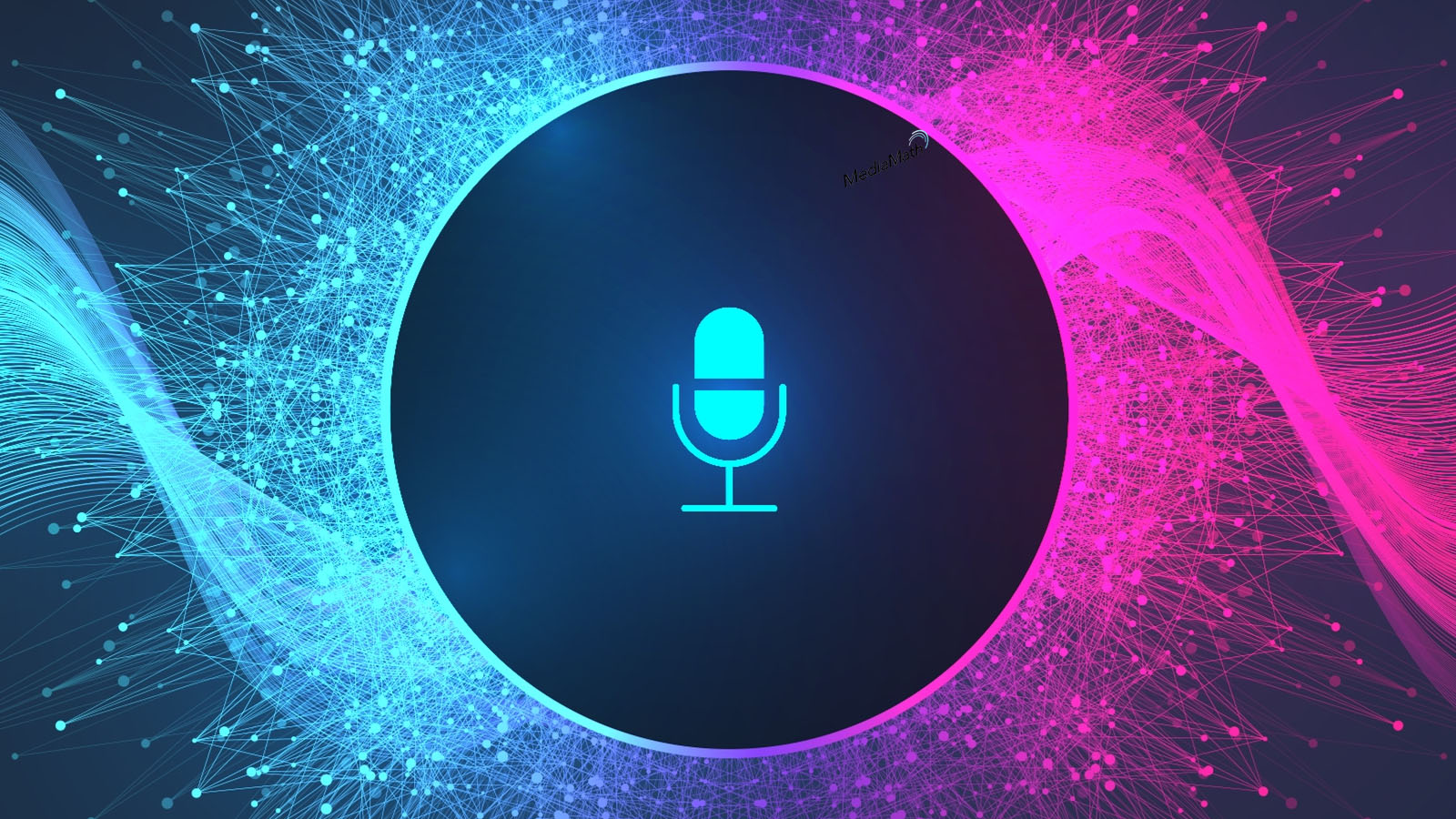
Mourners Can Now Speak to an AI Version of the Dead, But Will That Help with Grief?
When Michael Bommer found out that he was terminally ill with colon cancer, he spent a lot of time with his wife, Anett, talking about what would happen after his death. She told him one of the things she’d miss most is being able to ask him questions whenever she wants because he is so well read and always shares his wisdom. That conversation sparked an idea for Bommer: Recreate his voice using artificial intelligence to survive him after he passed away.
 Artificial intelligence is being used to help people cope with grief
Artificial intelligence is being used to help people cope with grief
The 61-year-old startup entrepreneur teamed up with his friend in the U.S., Robert LoCascio, CEO of the AI-powered legacy platform Eternos. Within two months, they built “a comprehensive, interactive AI version” of Bommer — the company’s first such client. Eternos, which got its name from the Italian and Latin word for “eternal,” says its technology will allow Bommer’s family “to engage with his life experiences and insights.”
“What truly sets this era apart — and is even unprecedented in the long history of humanity’s quest for immortality — is that, for the first time, the processes of caring for the dead and immortalization practices are fully integrated into the capitalist market.” — Katarzyna Nowaczyk-Basinska, research fellow at the University of Cambridge’s Centre for the Future of Intelligence
Preserving a Connection
Robert Scott, who lives in Raleigh, North Carolina, uses AI companion apps Paradot and Chai AI to simulate conversations with characters he created to imitate three of his daughters. He declined to speak about what led to the death of his oldest daughter in detail, but he lost another daughter through a miscarriage and a third who died shortly after her birth.
 Grief can be a difficult process, but AI may be able to help
Grief can be a difficult process, but AI may be able to help
Scott, 48, knows the characters he’s interacting with are not his daughters, but he says it helps with the grief to some degree. He logs into the apps three or four times a week, sometimes asking the AI character questions like “how was school?” or inquiring if it wants to “go get ice cream.” Some events, like prom night, can be particularly heart-wrenching, bringing with it memories of what his eldest daughter never experienced.
Preparing for Death
The AI version of Bommer that was created by Eternos uses an in-house model as well as external large language models developed by major tech companies like Meta, OpenAI, and the French firm Mistral AI. Eternos records users speaking 300 phrases — such as “I love you” or “the door is open” — and then compresses that information through a two-day computing process that captures a person’s voice. Users can further train the AI system by answering questions about their lives, political views, or various aspects of their personalities.
 The AI voice can be trained to capture emotions and moods
The AI voice can be trained to capture emotions and moods
Because time has been running out for Bommer, he has been feeding the AI phrases and sentences — all in German — “to give the AI the opportunity not only to synthesize my voice in flat mode, but also to capture emotions and moods in the voice.” And indeed the AI voicebot has some resemblance with Bommer’s voice, although it leaves out the “hmms” and “ehs” and mid-sentence pauses of his natural cadence.















